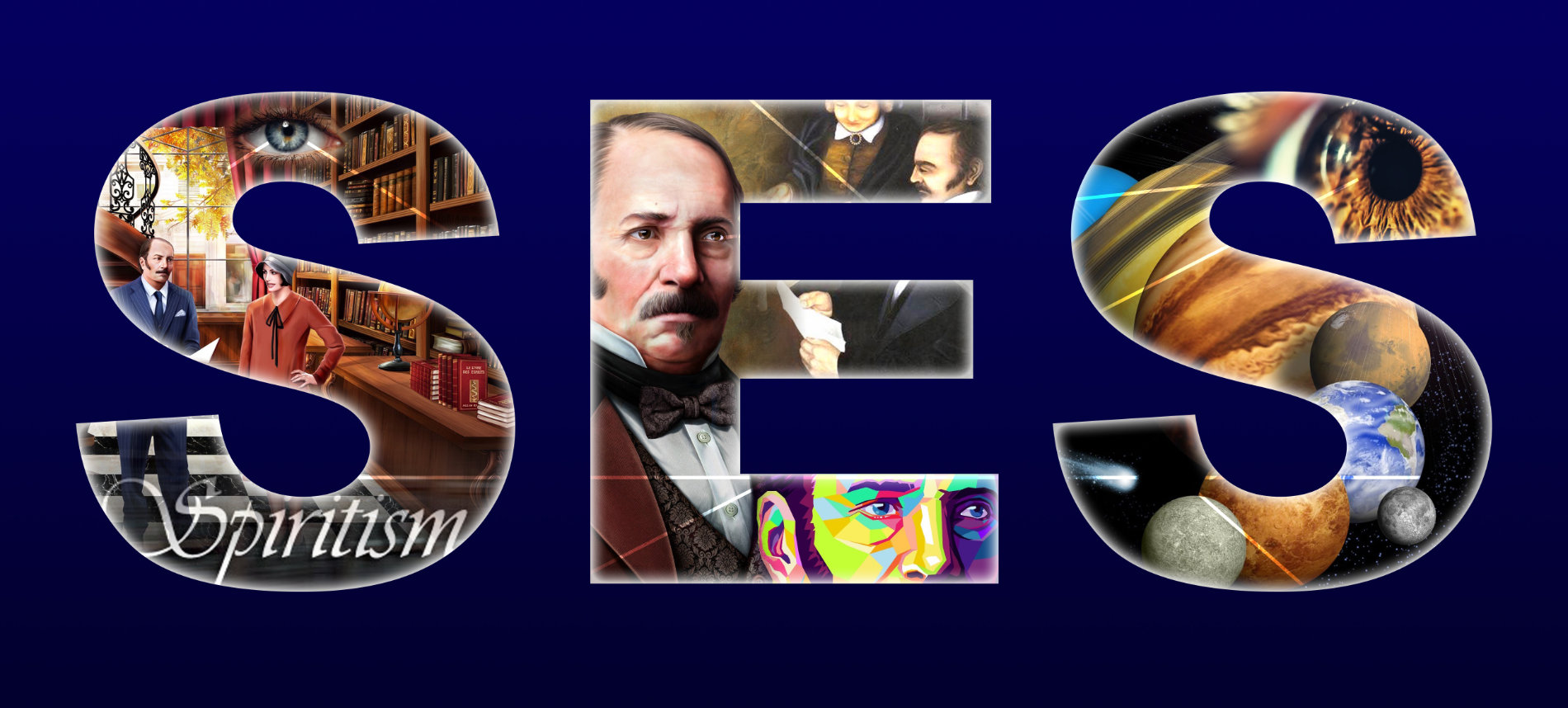
SEARCH FOR MEANING WITH KARDEC
The world has never seemed so surreal for us. Over 40 million affected by the Coronavirus and over one million people dead. Almost every country struggling to protect their populations and unable to stop the spread of an insidious enemy. The fear of death has become a tangible specter in our human reality. People are forced to live alone when mortally ill, perhaps even dying, and to grieve alone. The fear of the end, of extinction, is a source of inescapable anxiety, and deep torment for most.
Faith in the continuity of life, or the promises of a religion, help us to reconcile with and accept the fear. For the people who recovered from the disease what they experienced in the silent conversations at the border of an unknown future may never be forgotten. And, for them those were days of awakening and reconnection with the Spirit.
And for those who lost the battle, their suffering and the grief of separation from their loved ones, we Spiritists, know is a new beginning. The fear and trauma, the tears and longing, are not erased by miracle, but these souls will gradually learn to live with themselves in another reality.


In these dire times, the message of The Spirits’ Book grows inside us lifting from our soul the existential anxiety, restoring our courage to affirm life, and reconnecting ourselves with our purpose.
SES is proud to launch the third edition of The Spirits’ Book, a timeless classic that has been a source of comfort, of courage, and resilience to millions through the many crises and wars humanity has faced in the last 150 years. A very special opportunity for you, too, to rebuild your courage and faith to get through these difficult times.
Buy now Amazon.com
(paperback) $17.00


















Recent Comments